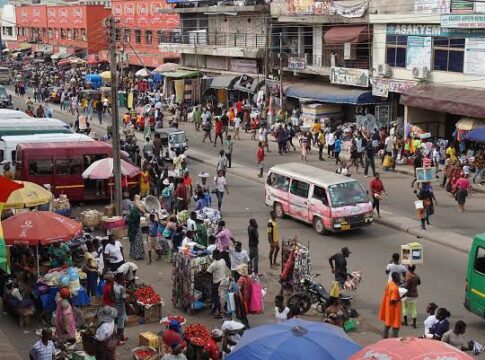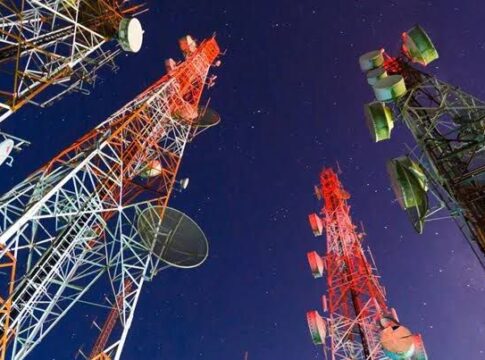Ghana has narrowly avoided an unprecedented government shutdown after its parliament passed a provisional budget worth 68.1 billion Ghanaian cedis ($4.65 billion). The late-night approval on Thursday ensures that government operations will continue through March, providing temporary relief as the country navigates a politically charged transition.
The budget allows critical funding for sectors such as energy, infrastructure, and public services while the nation awaits the swearing-in of President-elect John Dramani Mahama next week. Mahama, who served as Ghana’s president from 2012 to 2016, is staging a political comeback after winning the December 7 election against incumbent Nana Akufo-Addo.
Outgoing President Akufo-Addo is set to deliver his final state of the nation address later today, marking the end of his eight-year tenure. However, the process of passing the provisional budget faced delays due to a heated debate over which party holds a parliamentary majority—Akufo-Addo’s New Patriotic Party (NPP) or Mahama’s National Democratic Congress (NDC).
READ MORE: Nigerian Army Seizes 90,000 Litres of Stolen Oil in Crackdown on Saboteurs
Former Finance Minister Seth Terkper highlighted the urgency of the budget’s passage. “This approval averts a government shutdown and prevents Ghana’s ongoing debt crisis from spiraling further out of control,” Terkper told Reuters.
The provisional budget earmarks nearly a third of its total—around 22 billion cedis—for payments to energy sector service providers. Ghana’s energy sector is burdened with over $2.5 billion in arrears, a situation President-elect Mahama called “critical” in December. He warned of worsening power supply issues unless urgent actions are taken.
“Our energy sector debts are unsustainable, and power supply remains erratic,” Mahama stated in his address last month. Resolving these issues, he noted, would require immediate intervention to stabilize the economy and restore investor confidence.
Ghana has been battling its worst economic crisis in a generation, characterized by soaring inflation, mounting public debt, and a depreciating currency. The International Monetary Fund (IMF) estimates Ghana’s debt-to-GDP ratio at 102.5%, making it one of the most indebted countries in sub-Saharan Africa.
Despite the challenges, Mahama’s return is seen by many as an opportunity to reset the country’s trajectory. Analysts believe his leadership will be crucial in addressing the energy crisis and implementing long-term economic reforms.




